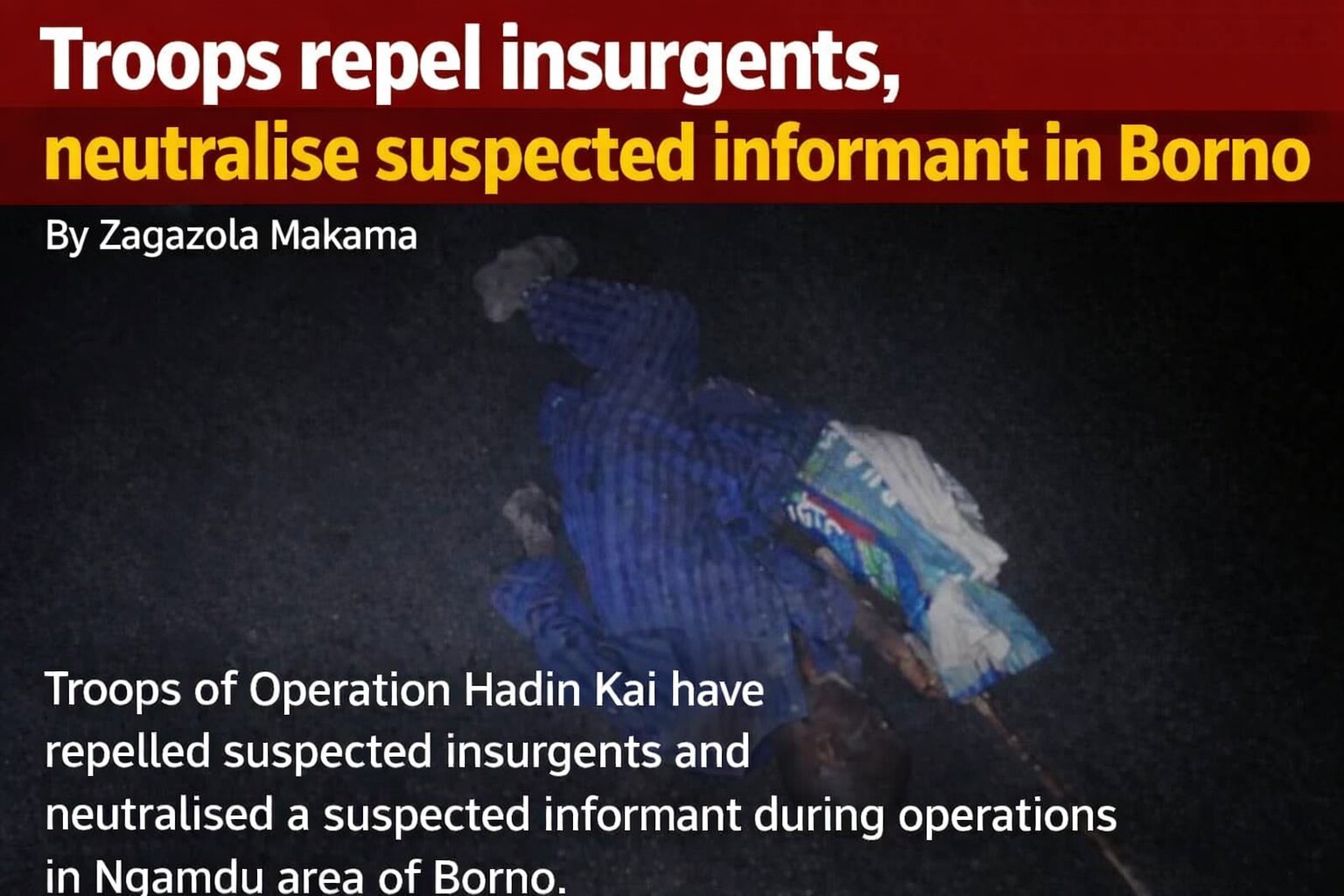Proactive Disaster Response Now a National Security Imperative – Ribadu
By Zagazola Makama
The National Security Adviser, Mallam Nuhu Ribadu, has emphasized the urgent need for a shift from reactive disaster response to proactive, anticipatory action, describing it as a national security imperative.
Ribadu made the remark while welcoming Vice President Kashim Shettima and other dignitaries to the opening of a high-level workshop on “Coordinated Risk Monitoring and Communication for Floods and Other Disasters,” held at the National Counter Terrorism Center (NCTC), under the Office of the National Security Adviser (ONSA).
According to Ribadu, the workshop signals more than just inter-agency collaboration—it marks a renewed national commitment to strengthening early warning systems and ensuring timely responses to disasters that threaten lives and livelihoods.
“For us in the Office of the National Security Adviser, this shift from reactive responses to anticipatory action is not just a humanitarian necessity; it is a national security imperative,” Ribadu stated.
He warned that poorly managed disasters could trigger cascading security risks, including mass displacement, the destruction of critical infrastructure, and the deepening of societal fragilities.
“Unmanaged disasters exacerbate insecurity and fuel vulnerabilities. If we fail to prepare, we risk overwhelming our response systems when crises occur,” Ribadu added.
The workshop, attended by key stakeholders from across security, emergency management, and environmental sectors, focused on building resilience through coordinated data-sharing, risk monitoring, and effective public communication strategies.
Ribadu praised the Vice President’s support and the participation of other dignitaries, stating that their presence reaffirmed government’s whole-of-society approach to disaster risk reduction.
The event is part of broader national efforts to mainstream disaster preparedness into security planning and national development priorities.





























